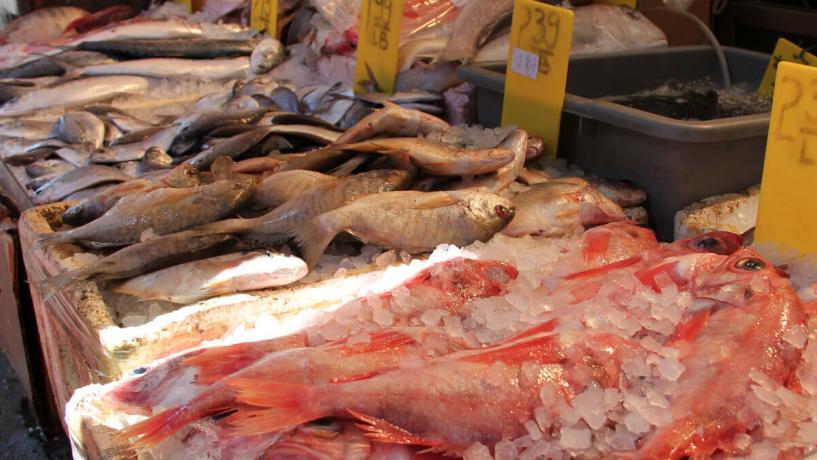It goes without saying that fish and seafood are an essential part of any balanced, nutritious diet, as they contain high amounts of omega-3 fatty acids and high quality proteins.
Freshly caught fish represents an even healthier option.
It’s important to remember that proper food safety practices still need to be applied to freshly caught food as well as store-bought. People who obtain their freshly caught fish from the Maribyrnong and Lower Yarra river areas should apply special precautions. Some fish caught in these rivers can exhibit high levels of toxins such as mercury and polychlorinated bipheynls (PCBs). Avoid using lead sinkers when catching fish and always make intelligent decisions about the kinds of fish you choose to catch and consume.
Although PCBs – industrial byproducts caused by pollution – can build up in the fatty tissues of any fish, some fish are more prone to this phenomenon than others. For instance, eels are considered to be a high-risk fish because they contain a higher fat composition than other fish caught in these areas.
In fact, studies conducted in 2005 on the subject found that roughly 2 out of every 15 eels caught in the Lower Yarra or Maribyrnong areas contained accumulated levels of PCBs that made them unsafe for consumption.
Another fish that comes attached to a high risk level is black bream. On the other end of the scale are fish options like mullets. Mullets actually contain some of the lowest PCB levels of any of the fish caught in these rivers.
Women who are pregnant or of childbearing age should refrain from eating eels caught in these rivers. Everyone else should limit their own consumption to one serving of eel per month. Always clean and prepare fish properly. Remove any excess of fatty tissue if possible.

